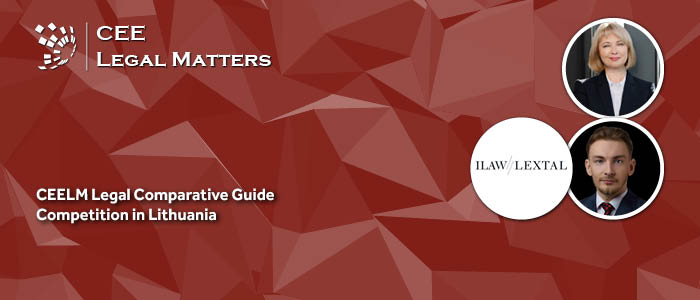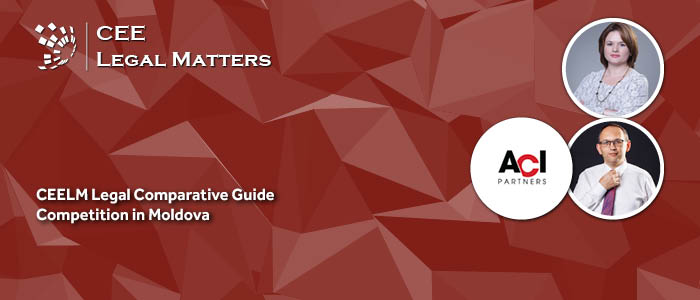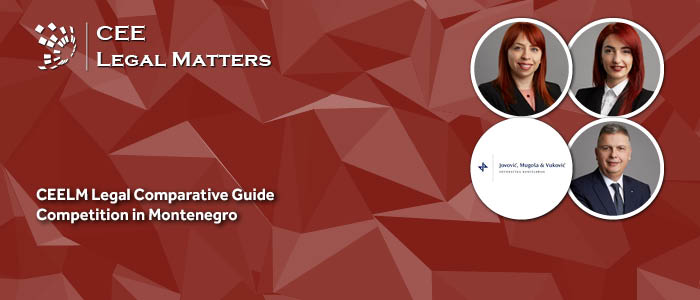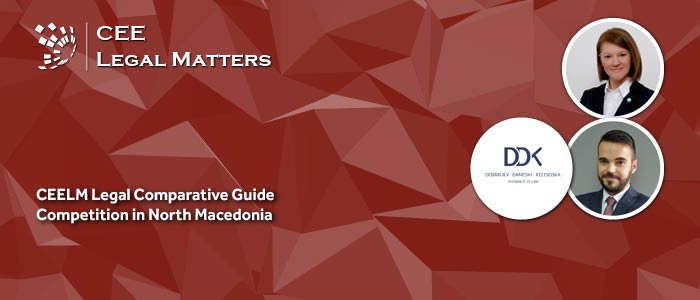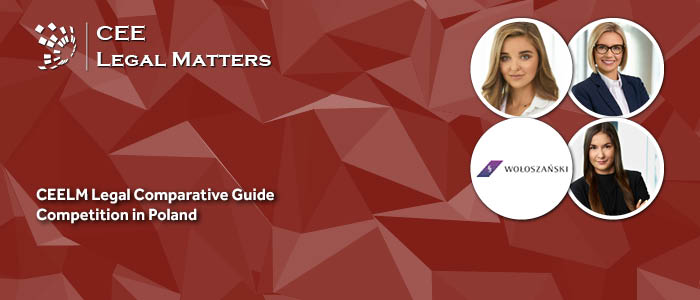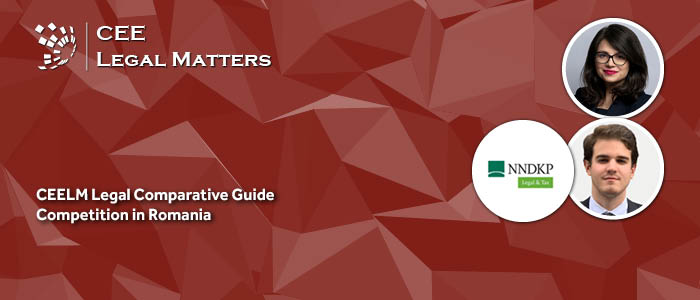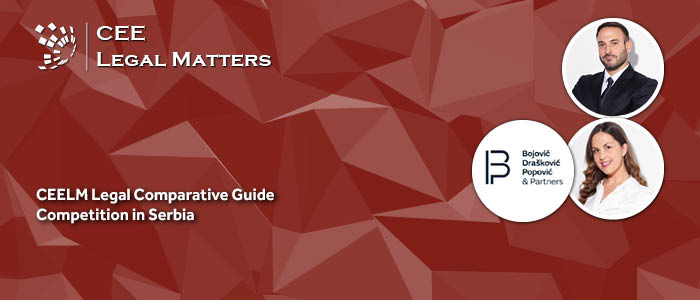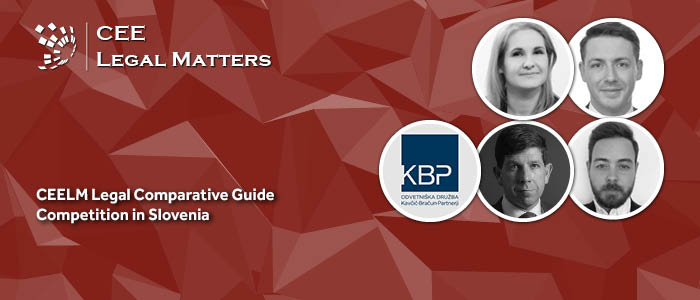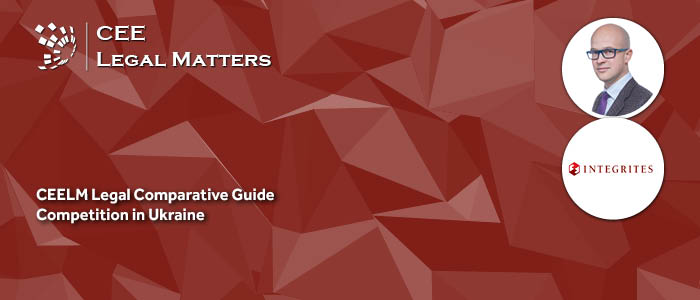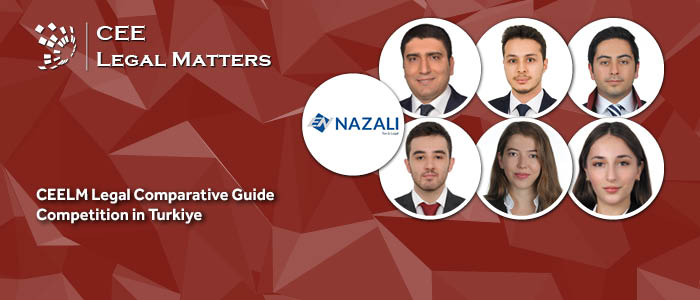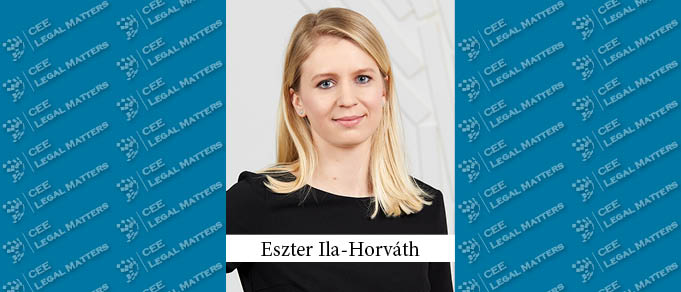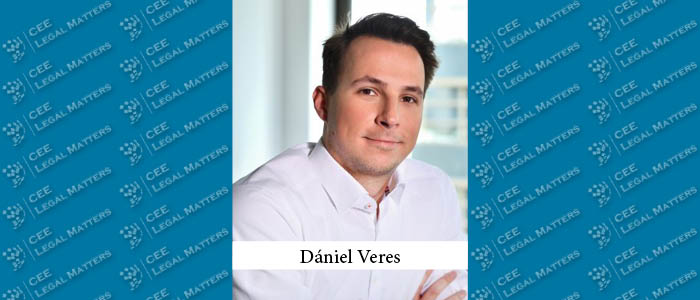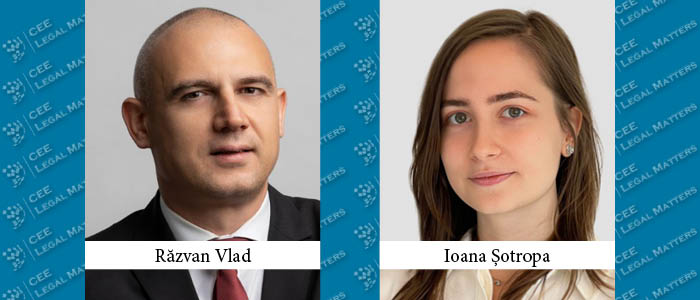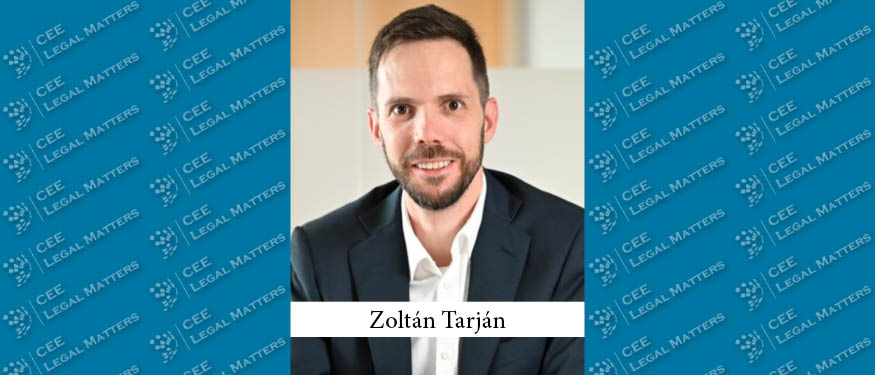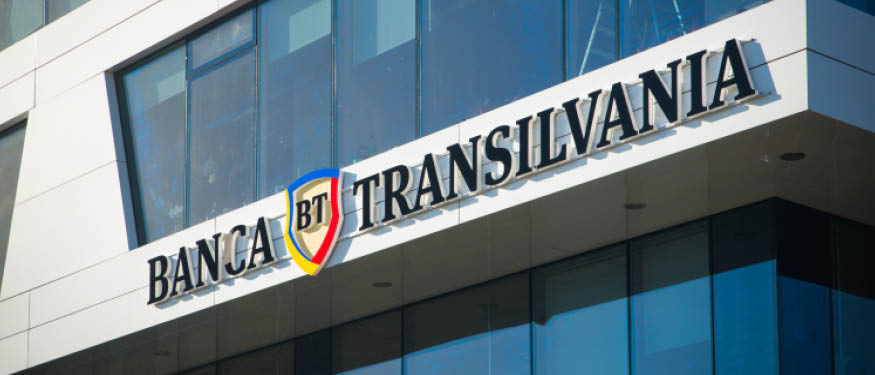Contributed by Ilaw Lextal.
Competition Laws and Regulations in Moldova
Contributed by Aci Partners.
Competition Laws and Regulations in Montenegro
Contributed by Jovovic, Mugosa & Vukovic.
Competition Laws and Regulations in North Macedonia
Contributed by Debarliev, Dameski & Kelesoska.
Competition Laws and Regulations in Poland
Contributed by WLAW Woloszanski & Partners.
Competition Laws and Regulations in Romania
Contributed by Nestor Nestor Diculescu Kingston Petersen.
Competition Laws and Regulations in Serbia
Contributed by Bojovic Draskovic Popovic & Partners.
Competition Laws and Regulations in Slovenia
Contributed by Kavcic, Bracun & Partners.
Competition Laws and Regulations in Ukraine
Contributed by Integrites.
Competition Laws and Regulations in Turkiye
Contributed by Nazali Tax & Legal.
Transformative Legal Changes: Slovakia's New Transformations Landscape
1 March 2024 marks the date when the Transformations Act No. 309/2023 came into force in Slovakia. This regulation comprehensively outlines the procedures for national and cross-border mergers, divisions, and conversions of companies and cooperatives, moving away from the previously scattered provisions in the Commercial Code.
Entry and Residence of Third Country Nationals - Transitional Provisions
As of 1 March 2024, it possible to submit applications for residence permit at the Immigration Authority in accordance with the new regulation, i.e. the Act XC of 2023 on the General Rules for the Entry and Residence of Third-Country Nationals.
Proposal on Act on Judicial Protection Procedure for Former Holders of Qualified Liabilities of Banks
On 22 February 2024, the government adopted a proposal for a new Act on Judicial Protection Procedure for Former Holders of Qualified Liabilities of Banks ("ZPSVIKOB-1 Proposal"),the purpose of which is to eliminate the identified unconstitutionality of the previous Act ("ZPSVIKOB") and to finally appropriately regulate the procedure under which former holders could claim compensation for the controversial decisions of the Bank of Slovenia on the cancellation of their qualified liabilities in 2013.
The Tightened Rules of the Occupational Health and Safety Fines
In order to promote the health of employees and prevent workplace accidents, the Hungarian Government had significantly increased the fines for the breach of occupational health and safety rules as of 1 March 2024. The rule on its amount was removed from the applicable act and its details were laid down in a government decree.
61! – A Record Number of Taxes in Hungary
As we move into yet another year with the special surtaxes in effect, the question justifiably arises: for how much longer will the extra-profit taxes, those labelled initially as temporary, encumber the Hungarian taxpayers’ declarations. Also, businesses now have to face additional burdens, such as the EPR fees, the carbon quota tax or the global minimum of the corporate income tax.
An Overview of the Activity of the National Supervisory Authority for Personal Data Processing in 2023. The Main Breaches of Personal Data Controllers. Recommendations for 2024 in Order To Comply with the Legal Provisions on Personal Data Protection
The main breaches of the Regulation (EU) No. 679 of the European Parliament and of the Council of 27 April 2016 on the protection of natural persons with regard to the processing of personal data and on the free movement of such data, and repealing Directive 95/46/EC (hereinafter the “GDPR” or the “Regulation”) committed by the Romanian data controllers (the “Controllers”) investigated and sanctioned by the National Supervisory Authority for Personal Data Processing (the “Supervisory Authority”) in 2023 may be summarized as follows:
Certain Considerations on Delegation of Director’s Powers in a Limited Liability Company
While rendering day-to-day corporate advice to various clients, we have noticed lately a trend specific to limited liability companies, which involves allowing the directors of the respective companies to delegate all their powers to another individual for certain operations, either via the Articles of Incorporation or by resolution of shareholders.
Amendments to the Land Transaction Act from 1 January 2024
Certain amendments to the Land Transaction Act entered into force on 1 January 2024. The amendment introduces the definition of a rice farm, which includes the land and, as an accessory thereto, the land parcel registered as an area excluded from cultivation serving the rice production (e.g. ditch and drainage systems, embankments and farm roads). The amended Act contains specific provisions, such as two new legal bases for the pre-emption right in respect of rice farms.

